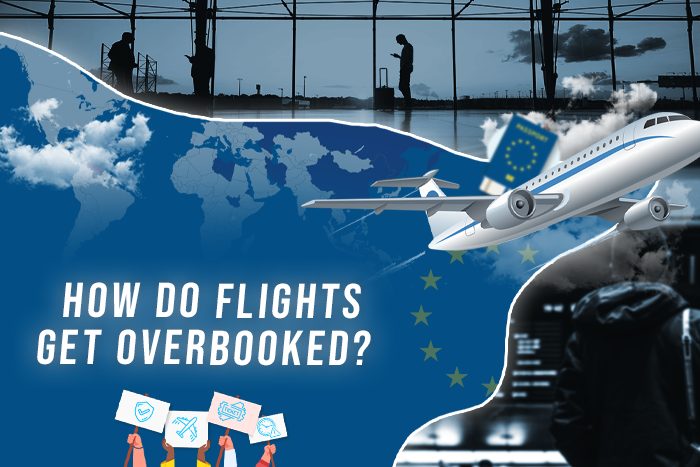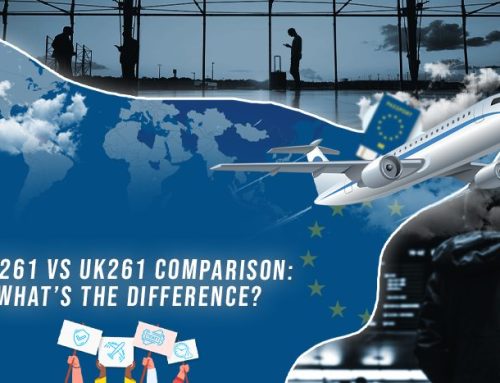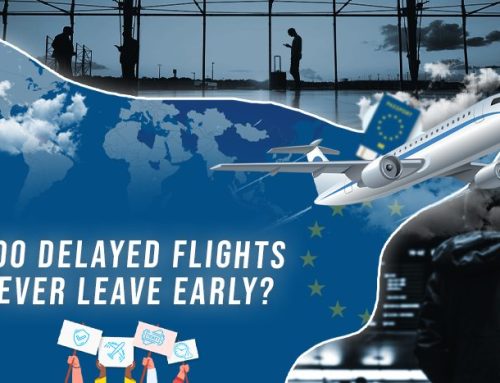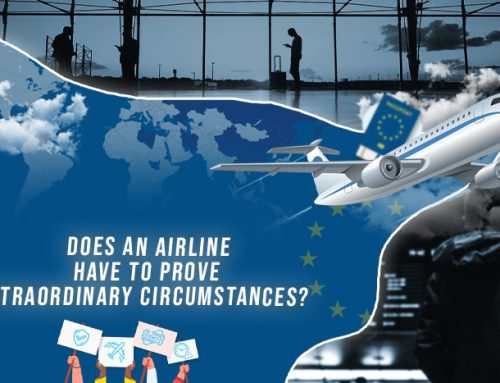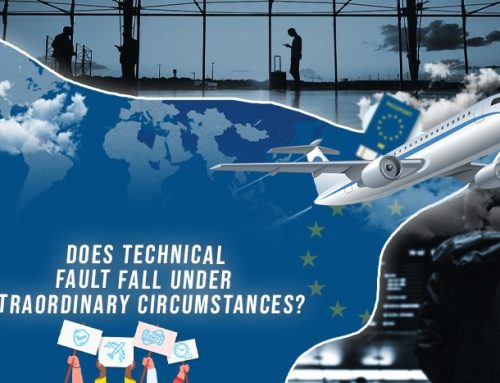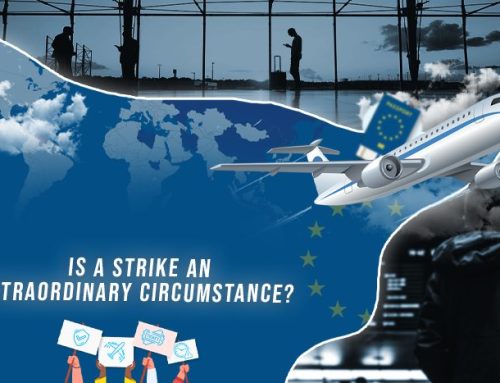Overbooking flights is a common phrase that we hear. Many passengers encounter unprecedented delays due to this practice of airlines and often end up being stranded. Some people travel with families and kids, while others need to attend important work conferences, job interviews, or take an exam in a different country. The carelessness of airlines can not only cost you time, money, and energy, but you may also end up missing once-in-a-lifetime opportunities.
Additionally, booking another flight, finding a seat, and paying extra money on top of the hassle you face as a passenger can be highly agitating. If you take a long-awaited vacation, missing a flight due to overbooking and being left to fend for yourself in transit is also equally infuriating. Does a passenger have no rights when overlooking is concerned? How do flights even get overbooked, and what can one do when that happens? In this article, we will tell you all about the overbooking of flights and how you can claim compensation as a passenger.
Key Takeaways
- Airlines overbook flights to ensure maximum profits per flight. Empty seats mean lost revenue, do airlines overbook based on careful calculations.
- Passengers have rights when flights are overbooked. According to EC regulation 261/2004, passengers are entitled to reimbursement ranging from £230 to £540, depending on the distance of the flight.
- Passengers should think carefully before accepting alternative offers from airlines, such as air travel miles and discount vouchers. If you decide to accept these offers, make sure they provide the same amount you spent on your ticket.
Why Do Airlines Overbook?
Overbooking flights is a common practice to ensure the generation of maximum profits per flight. Many times passengers book tickets but do not show up at the airport, causing some seats to go empty in an aeroplane. Empty seats mean lost revenue for the airline. To avoid this and to make sure each flight is occupied to maximum capacity, airlines overbook.
The number of seats to be overbooked is determined by careful calculations based on existing data. For instance, if a flight from London to Berlin has had eight empty seats per flight for the last few times, the airline will now overbook five to eight seats to avoid this loss. However, this method is not accurate, and sometimes all the passengers show up. When this happens, some of the passengers may get ‘bumped’. This term means that they will have to give up their seat and receive some compensation from the airline in the form of rebooking on a later flight or remunerating with air-travel vouchers or cash.
Passenger Rights On Overbooked Flights
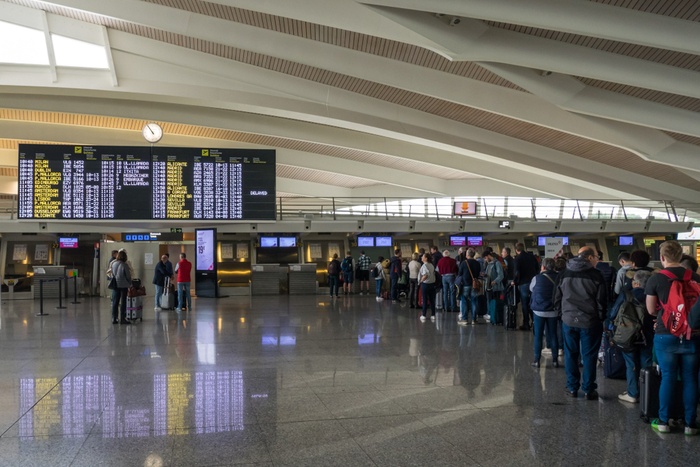
While an airline is offering to rebook you onto a different flight or providing a voucher subsiding future travel is a good gesture, it may not be sufficient to reimburse the damage you have incurred. Getting bumped off a flight you paid for just because an airline overbooked is not your fault, and according to the EC regulation 261/2004 EU Air Passenger Rights Regulation, you are entitled to reimbursement.
The EC regulation 261/2004 applies to passengers who have a valid ticket, a booking confirmation, and those who start their trip at an EU airport or land in an EU airport, provided that the airline is headquartered in the EU. You are not entitled to compensation if these conditions are not fulfilled, if you purchased the ticket at a reduced price that is not available to the general public, or you failed to check in on time.
In the event of overbooking, a passenger is entitled to a payment ranging from £230 to £540. The amount of reimbursement does not depend on the amount the ticket was purchased for but rather the distance to be travelled. Getting bumped because of overbooking is equivalent to denied boarding, in which case a passenger can demand an amount paid in cash, ticket refund, or alternative transportation. The compensation received depends on the distance the flight was supposed to be covered. For a distance of up to 932 miles, the reimbursement is £230, £360 for 2175 miles, and £540 for over 2175 miles.
Think Before Accepting Alternate Offers From The Airline
While a passenger who is denied boarding due to overbooking is entitled to the abovementioned amounts by law, most airlines try to get the passengers off their back by offering alternative offers such as air travel miles and discount vouchers. If you decide to accept any of these alternatives, make sure to receive vouchers that provide you with the same amount you spent. Many airlines also offer free meals and phone calls to placate the agitated passengers and you are well within your rights to make use of these facilities.
Inquire about your airline’s policy regarding bumped passengers. However, if you do not want that and want full compensation for your trouble as a bumped passenger, you can visit this page for more information on the overbooking of flights, whether you are eligible for reimbursement, and how much money you are entitled to.
Frequently Asked Questions
-
Why do airlines overbook flights?
Airlines overbook flights to ensure maximum capacity and revenue. It’s a common practice to avoid empty seats.
-
What happens if all passengers show up on an overbooked flight?
If all passengers show up on an overbooked flight, some may be bumped and receive compensation through rebooking, vouchers, or cash.
-
Are passengers entitled to compensation for being bumped off an overbooked flight?
Yes, passengers are entitled to compensation under EC regulation 261/2004, ranging from £230 to £540 depending on the distance of the flight.
-
What should I do if I am denied boarding due to overbooking?
If you are denied boarding due to overbooking, you can demand compensation or alternative transportation, but be careful when accepting alternative offers from the airline.
-
Can passengers claim compensation if they are not EU citizens or if the airline is not headquartered in the EU?
No, passengers must meet certain conditions, such as starting their trip at an EU airport or landing in an EU airport with an airline headquartered in the EU, to be eligible for compensation under EC regulation 261/2004.
